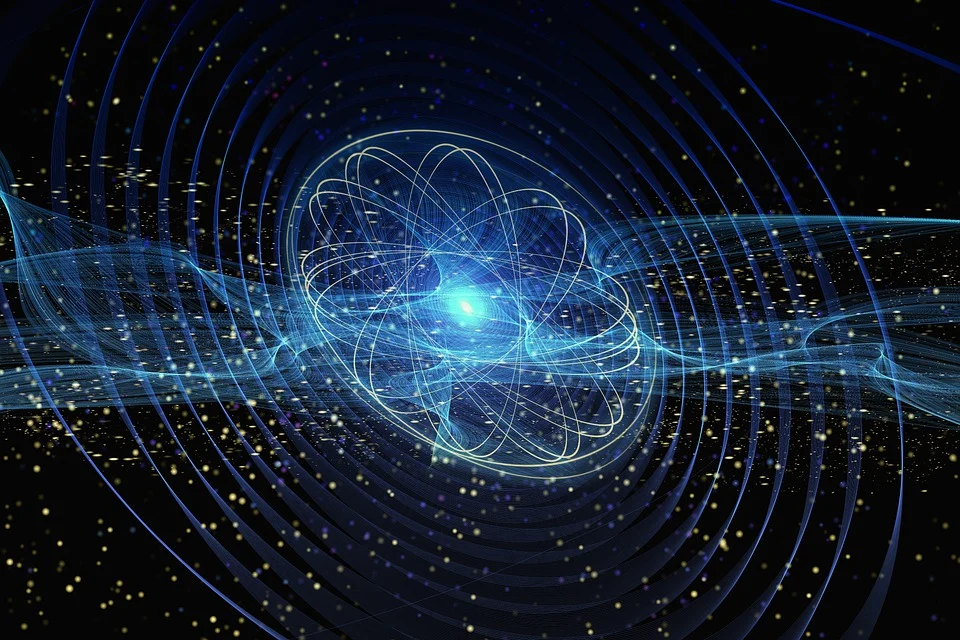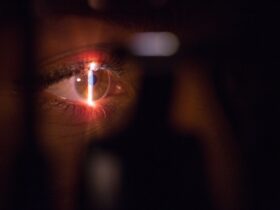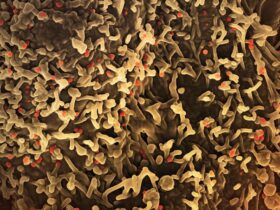A number of challenges must be addressed before quantum computers and quantum networks can realize their enormous promise. A recent research, however, suggests an approach to addressing one of these challenges. In recent studies, scientists have discovered that silicon, the material used in our current computers, has the capacity to store quantum bits as well.
There are a variety of qubits, or quantum bits, that are necessary for next-level quantum computing performance. Silicon qubits are one sort of qubit that has been improved and stabilized over time by physicists, but they must also be linked together at scale. Photonic (or light-based) linkages between qubits are now known to exist in the form of silicon imperfections known as T centers, according to the latest findings.
The T center emitter is perfect for building scalable, distributed quantum computers because it blends high-performance spin qubits with optical photon production. They don’t need to connect two separate quantum technologies, one for computing and one for communication, to manage both. To put it another way, it’s a more effective system, and it may also be simpler to construct. Observations of optically detected quantum particle activity in silicon for the first time provide further proof that this strategy is a realistic one.
Another advantage is that T centers produce light at the same wavelength as contemporary fiber communications and telecom equipment networks. This would simplify the implementation of quantum internet technologies. Each of the tiny’micropucks’ contained just a limited number of T centers that can be independently addressed and operated by the researchers, who created tens of thousands of such gadgets on silicon wafers.
Despite the fact that there is still a long way to go, this discovery has taken us a critical step closer to the realization of quantum computing.
Assuming this future can be built on silicon, we can take use of our decades of manufacturing experience and technology to make the move to large-scale quantum computing much easier.














Leave a Reply